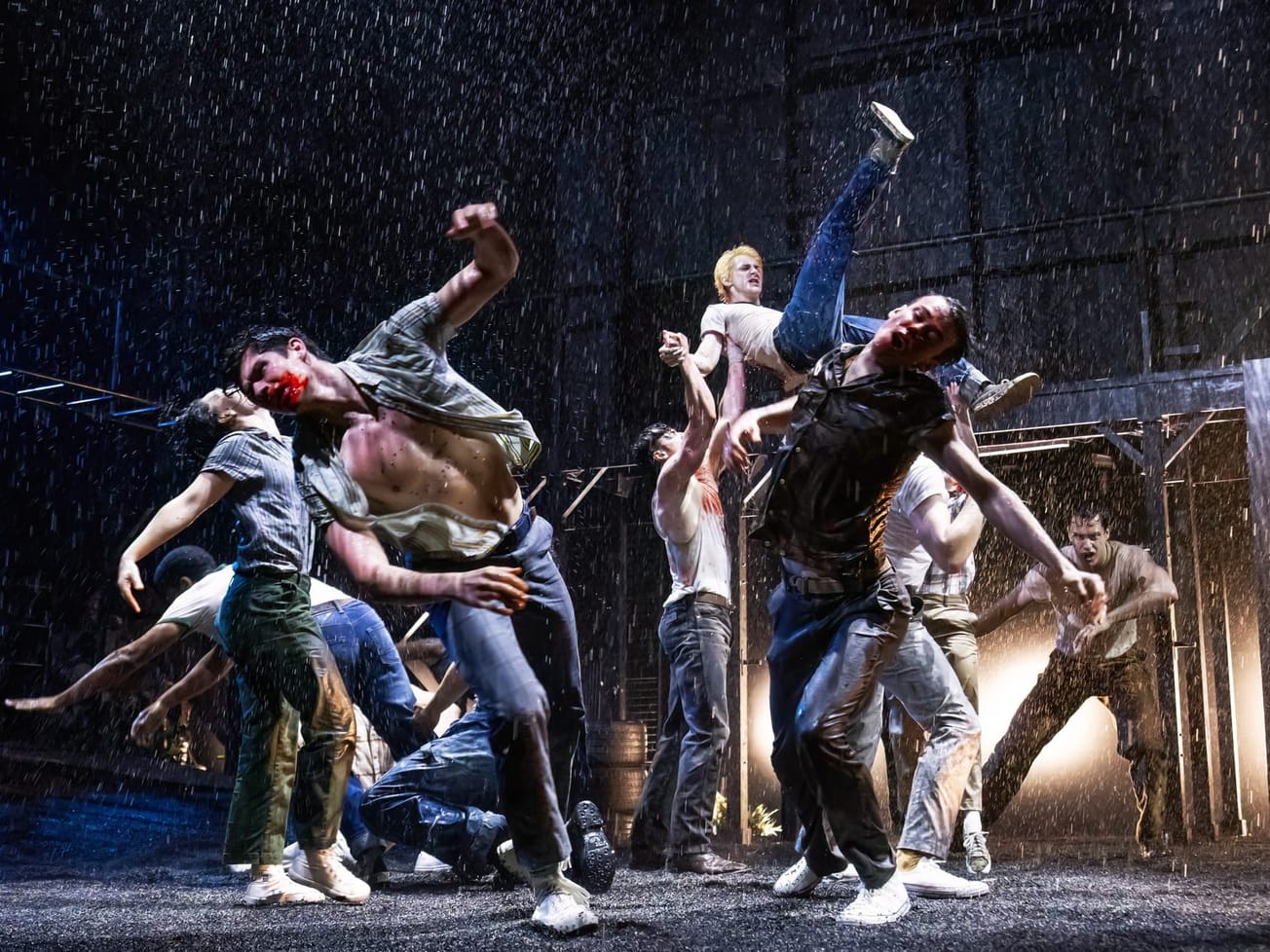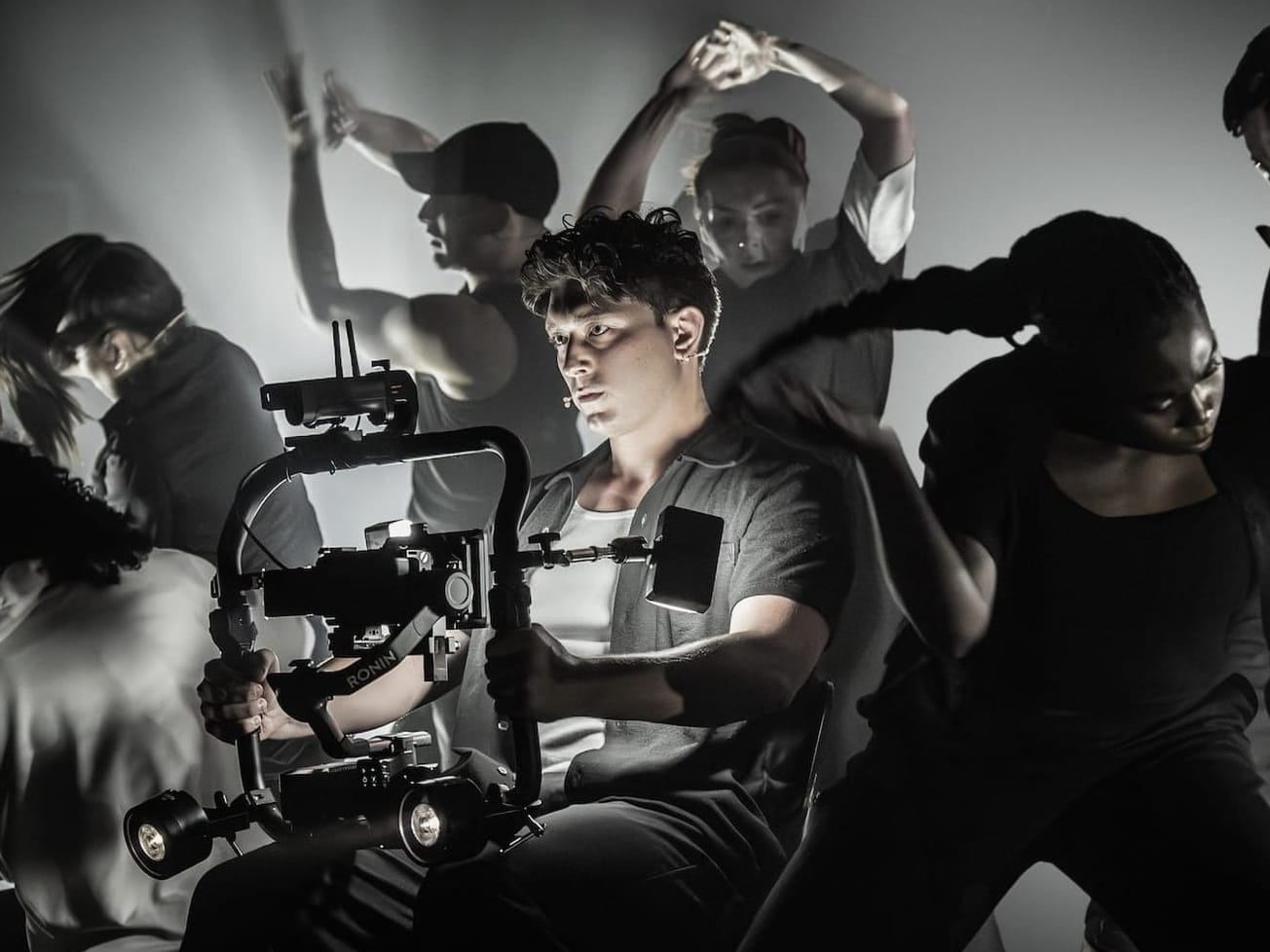Actors’ Equity has unveiled four overarching principles needed to safely reopen theaters across the country.
The preliminary principles, designed by epidemiologist Dr. David Michaels, rely on increased and rapid testing capabilities both within regions and theaters, as well as collaboration from all parties to enact possible social distancing measures and increased sanitation practices. Until employers enact these protocols, the union is telling its members not to participate in any productions.
These are all initial guidelines crafted by Michaels and Equity, with more detailed measures to come. Michaels formatted these principles after speaking with Off-Broadway and Broadway producers, one of the Broadway League’s task forces and other epidemiologists. Other unions, including IATSE, have hired their own epidemiologists to create safety measures.
“We are working with our colleagues in Equity and the other unions as together, we will bring Broadway back,” the Broadway League said in a statement to Broadway News. “We all want the same thing, a safe and healthy environment for the casts, crews, and theatregoers.”
Equity plans to share these protocols with all employers, and will be working in consultation with other unions, in the hopes of creating unified safety protocols. However, many parts of the plan cannot yet be enacted by theaters until testing capacities and capabilities increase across the country.
Considering reopening a theater first requires that the epidemic is under control in the area — a measure that can only be proven by wildly available testing and contact tracing, Michaels, a former member of the Occupational Safety and Health Administration, said Tuesday in a call with members of the media.
Then, the production itself must be able to quickly identify and isolate members who have contracted COVID-19. Each production may need to hire additional members to fill in for those who test positive for the virus and are subsequently required to self isolate.
The theater itself should consider making physical accommodations, including reconfiguring the often cramped backstage areas to allow for more social distancing, Michaels said, as well as disinfecting props and reconsidering audition practices. Finally, the plan requires that all interested parties agree to these measures and meet regularly to ensure that it is still working.
Asked whether social distancing measures would apply to both actors on stage as well as audience members, Actors’ Equity President Kate Shindle said the union is looking for ways to keep both parties safe, while also maintaining the art on stage.
“I do not think that making everything safe for the audience, although that is important, and then leaving people on stage to be epidemiological guinea pigs is the right answer,” Shindle said.
Broadway producers as well as Broadway League President Charlotte St. Martin have pushed back against the idea of social distancing within a Broadway audience, saying that it would not be financially viable for the productions.
On the call Tuesday, Mary McColl, executive director of Actors’ Equity, acknowledged the economic constraints of a socially distant model. However, she said she believes it will allow some productions across the country to open earlier, while those that wish to sell every seat will have a “longer on-ramp” to reopening.
Overall, McColl sees the possibility of a reopening in stages, with smaller productions opening first. Some theaters hoping to launch summer seasons have already submitted safety plans to Equity, but none have been approved yet.
The plan will continue to be fine-tuned as more information arises, she said.
“We believe we only have one chance to do this right,” McColl said.


























































